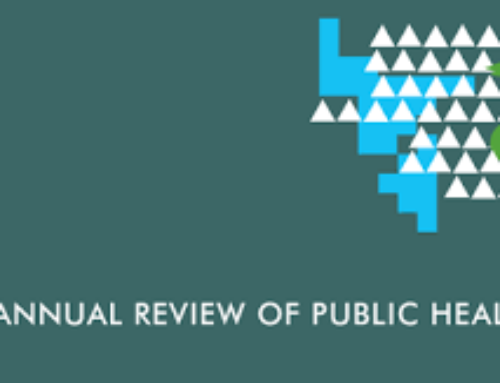“It’s common sense, really. Healthcare organizations and clinicians should be leading the way in sustainability solutions and practices, not lagging behind. We need to both reduce the environmental emissions intensity embedded in the care we provide, and we need to reduce wasteful non-value-added practices,” Dr. Sherman says. “This means things like electrifying energy to run building, equipment, transportation and manufacturing, and shifting to renewable energy sources.”
She says it also means that doctors need to avoid unnecessary tests, prescriptions and procedures—all of which increase emissions. Also key: disrupting a system where medical devices are continually made obsolete and replaced rather than updated to keep pace with innovation. And Dr. Sherman says we need to embrace and incentivize a circular economy, a system designed to keep manufactured products in circulation for more than one use, which benefits not only the business end of the industry, but also the environment and society as a whole. There are glimmers of this change happening in Europe as groups assemble to remake the industry, and experts like Dr. Sherman hope there can be positive change in the United States.
Visit HealthCentral.com for the full article.









